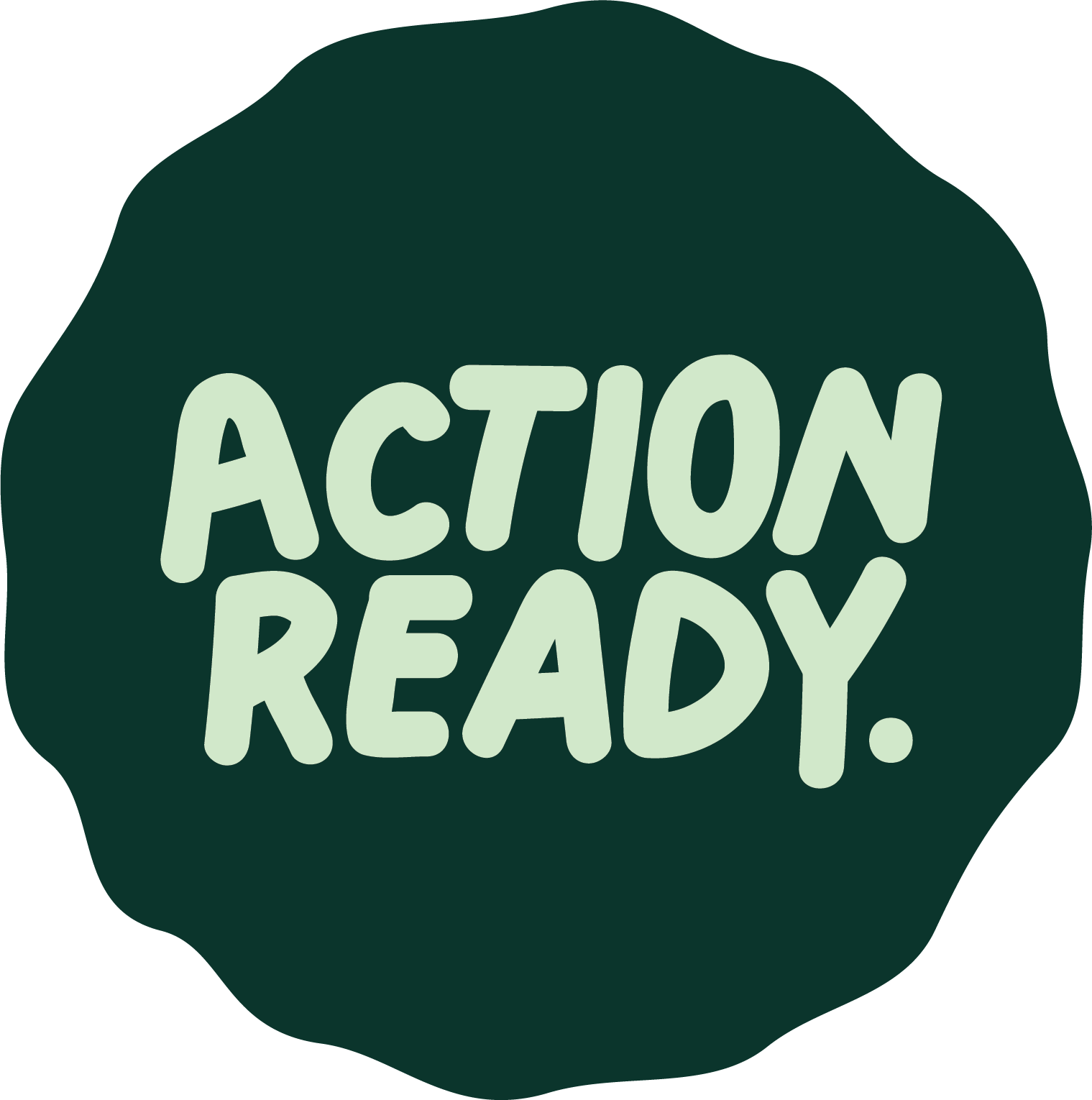Police emergency powers and protest during COVID-19
Check the latest public health directions.
The Chief Health Officer is empowered to make public health directions to assist in containing, or to respond to, the spread of COVID-19 within the community.
Failure to comply with a public health direction is an offence
(maximum penalty: 100 penalty units)
Police may issue on the spot infringement notices of $1,334 for failure to comply with a public health direction. This may include failure to comply with physical distancing.
As at 1 December 2020: there are no longer restrictions on the reasons you are permitted to be outside your place of residence.
A maximum of 100 people can gather publicly. There are no limitations relating to whether the people you are gathered with are members of your household or not. See current (as at 5 March 2020) Movement and Gathering Direction (No. 7).
A person who is leaving their principal place of residence must practice physical distancing while outside their principal place of residence, to the extent reasonably practicable. Physical distancing is generally taken to mean maintaining a distance of 1.5m from others.
As at August 2020, Police have been issuing infringement notices of $1,334 for failure to comply with physical distancing. A number of people participating in protest actions and civil disobedience have been issued with COVID fines days after an event.
Be aware that you can be charged with a more serious offence of Obstruct Police if police deem that you are hindering them in the performance of their duty (max penalty: 40 penalty units or 6 months imprisonment)
As a bystander to any police interactions, it is important to observe and capture/film police behaviour. Footage may be useful later.
If you are approached by police:
You have a right to silence.
Remember, that you do not have to answer any questions other than your name and address. Currently, police and emergency officers may require you answer questions directly related to containing the spread of COVID-19. You are required by law to provide this information. However, you are otherwise entitled to maintain your right to silence and should do so.
START FILMING. It is always legal to film in a public place.
Ask for the officer’s name, rank and station
If police ask you to do something:
Ask if they are giving a legal direction.
Ask them to provide a reason.
Ask for any specific details of the direction.
Emergency officers
EMERGENCY OFFICERS (EO) have a very wide range of discretionary powers during a declared public health emergency. Police are designated as Emergency Officers.
EOs can do the following, amongst other things:
Require a person to leave a place, stop using a place for a particular purpose, or refrain from entering a place
Require a person state their name and address or answer other questions.
DO I LEGALLY HAVE TO COMPLY WITH DIRECTIONS OF EOs?
Failure to comply with a direction given by an EO may be an offence. EOs can issue on the spot fines or you may have to appear in court. EOs can enforce a direction or requirement with ‘necessary and reasonable’ force.
Police acting as EOs also have their usual powers to search and arrest. Police can search you if they have arrested you or have a reasonable suspicion that you have something that may be used in an illegal activity. You should orally refuse consent to a search but may comply to avoid use of force by police.
